6-Hour Facebook Ban: BTRC doesn't think it realistic
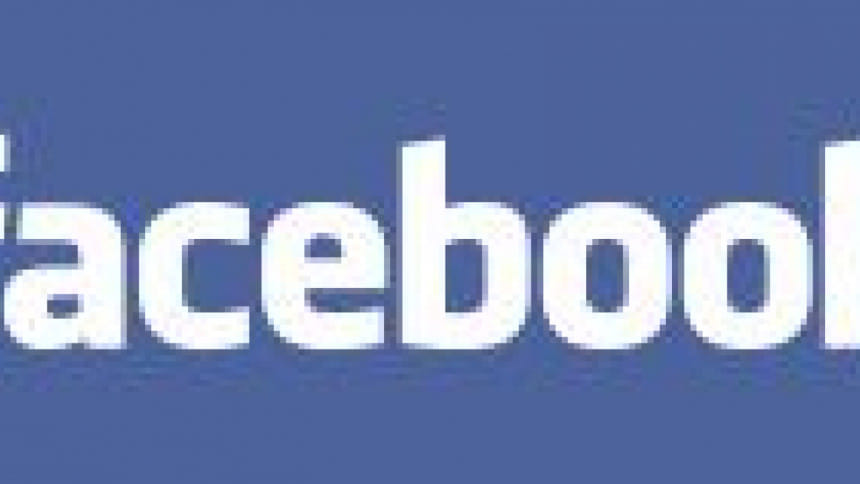
After daylong outbursts and dismay expressed in social media over the government's move to ban students from using Facebook for six hours from every midnight, the BTRC wrote to the telecom division yesterday to say that it should not be done.
Bangladesh Telecommunication Regulatory Commission (BTRC) recommended getting parents, educational institutions and the media involved instead of imposing a ban on the social network site.
Following a cabinet division letter that said students' and young people's studies were being hampered by their excessive use of Facebook, the BTRC in its letter mentioned four issues the government should consider before making its decision of the ban.
The BTRC said there was no effective way to determine the age of a Facebook user and if Facebook was blocked from the gateways, users could use virtual private networks and proxy servers to get around the block.
It said blocking Facebook would be ineffective since other communication services like WhatsApp, Viber, and IMO were there and that it would hurt people who rely on Facebook for their businesses.
The telecom regulator also said communication between expatriates in Europe, the Americas and Bangladesh could become difficult if the government went ahead with the ban.
Instead of going for the ban, the BTRC recommended that the parents be urged to use parental control software, security software and privacy features to prevent their children from using Facebook excessively.
It recommended government steps like launching awareness programmes in schools and colleges and in the media about responsible use of Facebook.
The BTRC also laid importance on guardians' awareness on the mobile and internet usage of their wards.
The telecom division issued a press release that said the government had not yet decided to block Facebook and urged all not to panic over the matter.
“We have sent our recommendations hours after receiving the government's letter and in there we haven't said anything in favour of Facebook blocking,” said Md Sarwar Alam, secretary and spokesperson of the BTRC.
Alam said they just made some recommendations on this issue and hoped the government would consider those before making its decision.
The Daily Star obtained copies of the BTRC's letter and the cabinet division's letter.
After the news of the government's attempted ban broke, Mustafa Jabbar, president of Bangladesh Association of Software and Information Services (BASIS), said if the government blocked any sites like Facebook, they were ready to take to the streets to protest.
“Students nowadays use Facebook for their group studies and the bureaucrats need to understand this.”
In line with a resolution in the Deputy Commissioners' conference held in July last year, and with the approval of Prime Minister Sheikh Hasina, the cabinet division asked the telecom division on March 27 to take steps to block Facebook for six hours a day.
In November 2015, the government blocked Facebook, its messenger, Viber and WhatsApp on national security grounds.
Then, Hasina in parliament had said WhatsApp and Viber would be blocked temporarily, when needed, in order to capture militants and prevent terrorist activities in the country.
The government lifted the ban 22 days later.
In 2012, the government had blocked YouTube for 260 days.

 For all latest news, follow The Daily Star's Google News channel.
For all latest news, follow The Daily Star's Google News channel. 

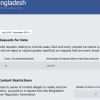
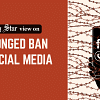
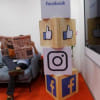
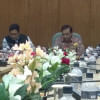
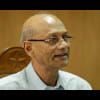

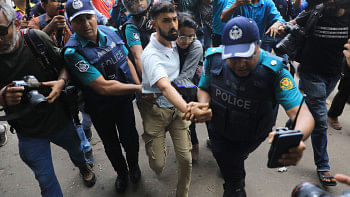
Comments